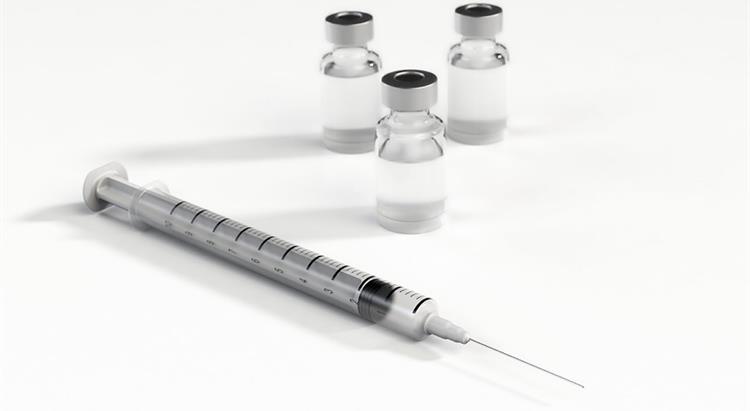05 May 2021

May is Hepatitis Awareness Month and the blood borne viruses team at Health and Community Services aim to raise awareness of the global burden of viral hepatitis and reduce the stigma that surrounds it. Islanders are also encouraged to book a free test, especially those who may have been exposed to any risk factors.
Viral hepatitis causes inflammation of the liver and can be both acute and chronic, which can lead to health problems if undiagnosed and untreated. It is often referred to as the silent killer, as people often experience no obvious symptoms until the infection has caused serious complications which could potentially become fatal.
Nurse Specialist for Blood Borne Viruses, Michelle Mulhall said: "There is a significant amount of stigma associated with hepatitis, with those affected by the condition reporting being discriminated against. This can have an impact on a person's access to health services, leading to a lack of testing, diagnosis and treatment. The reason for the stigma is people may be fearful of becoming infected and due to its association with injecting drug use, with the assumption that all people with hepatitis C have used drugs, which is not the case.
"Furthermore, people are often unaware of the ways they can get hepatitis and are simply living with the condition until it becomes a chronic problem. They may be unaware of the risks of partying, especially those who partied hard in the 60s and 70s when drugs were more widely available. Additionally, people born between 1945 & 1965 who are considered 'baby boomers' are also considered high risk due to unsafe medical procedures at that time – a time when hepatitis B and C were not recognised. And, of course, hepatitis is more prevalent in some countries and we need to bear this in mind as people move from one country to another."
Whilst the prevalence of hepatitis is considerably higher amongst certain high-risk groups, hepatitis can affect anyone, ranging from younger adults in their 20s to adults over the age of 70.
Consultant in Communicable Disease Control, Dr Ivan Muscat said: "Despite our current focus being on COVID, it is important for Islanders to be aware of diseases like hepatitis. I would encourage Islanders who feel they may have been exposed to any risks, past or present, to contact our specialist team to arrange an appointment. Hepatitis is treatable but getting an early diagnosis is key."
If you feel you have been exposed to any of the following risk factors then please contact the Blood Borne Virus Department on 01534 444319 or by email to Michelle or Betty at M.Mulhall@health.gov.je or B.O'shea@health.gov.je